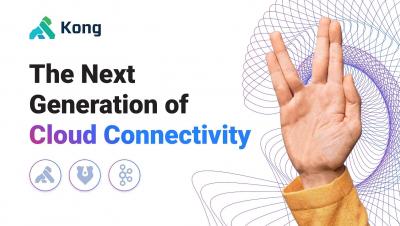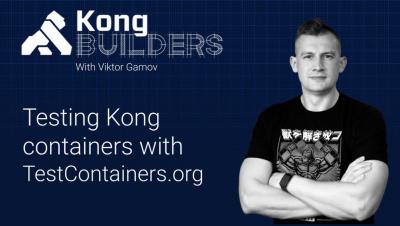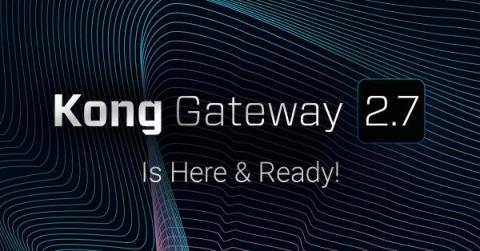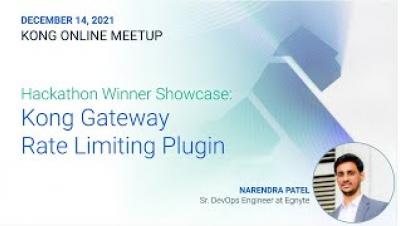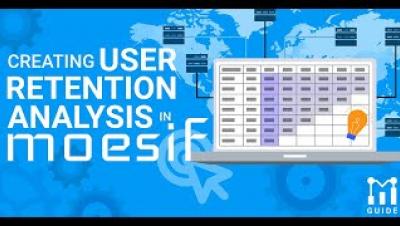Systems | Development | Analytics | API | Testing
API
JIT Provisioning to Salesforce and Optimizing K8s deployment - WSO2 IS Community Call - 12/16/2021
Testing Kong containers with Testcontainers
Kong Gateway 2.7 Is Here and Ready!
Today, we are welcoming another noteworthy advancement of the Kong Gateway – the general availability of version 2.7! Both Kong Gateway and Kong Gateway OSS version 2.7 downloads are available on your favorite distribution channels. This release of the Kong Gateway includes a number of important features that serve as a foundation for addressing three key areas.
Workflows in WSO2 API Manager - WSO2 API Manager Community Call (12/15/2021)
Creating a Behavioral Email in Moesif
Kong Gateway User Meetup | December 2021 | Hackathon winner showcase - Rate limiting plugin
Log4J, Log4Shell and Kong
If you’ve been online at all this week, chances are that you’ve heard about the Log4Shell zero-day (CVE-2021-44228) in Log4J, a popular Java logging library. The vulnerability enables Remote Code Execution (RCE), which allows attackers to run arbitrary code on the target’s machines. I know the first question that you all have is: “Is Kong affected by Log4Shell?” Let’s start with the good news: No Kong products are affected by this Log4J vulnerability.


